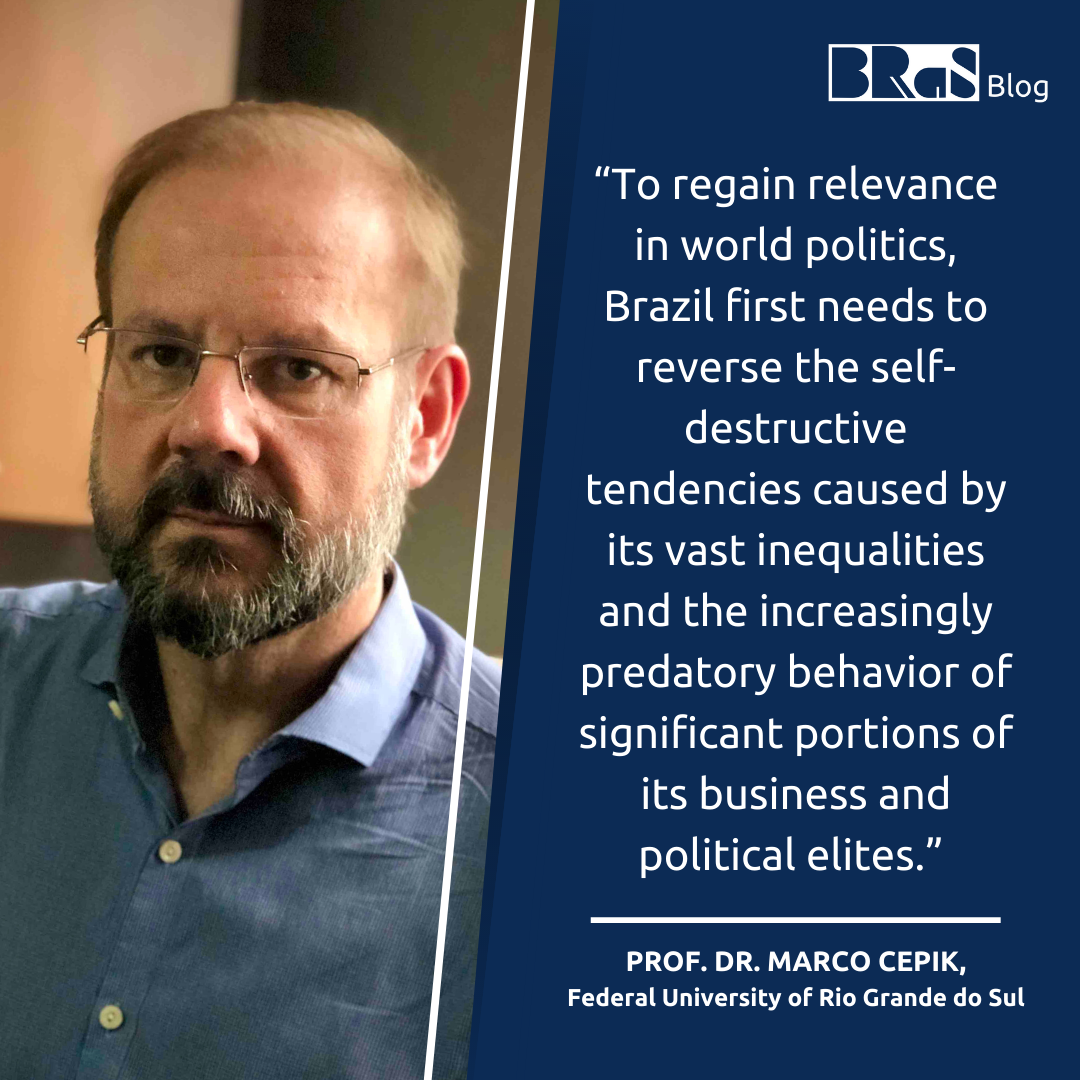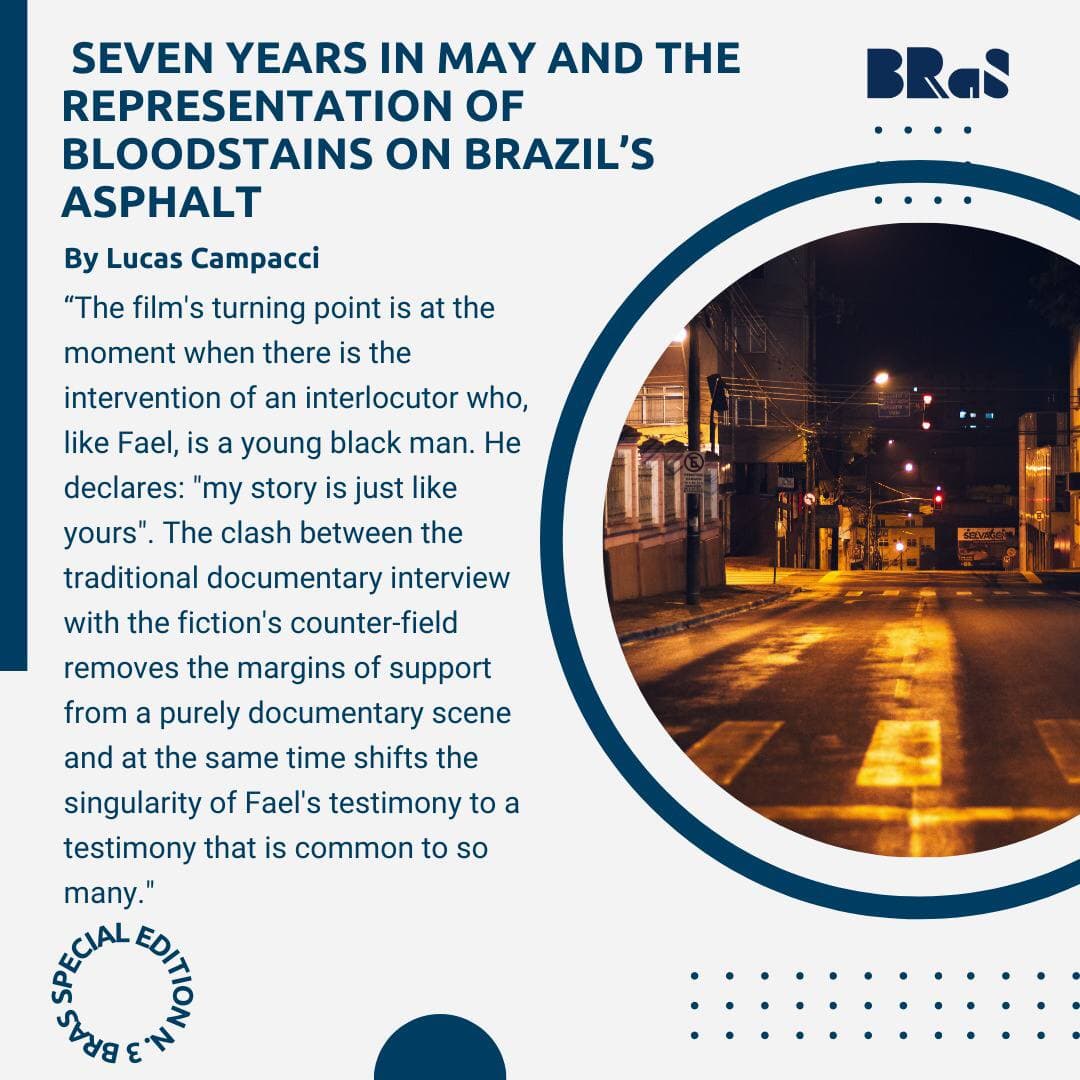by Joyce Miranda Leão Martins and Mércia Alves
Reviewed by Matheus Lucas Hebling
For the last decades, the Latin-American democracies have combined relative consolidation and institutional stability with extremely unequal societies regarding class, ethnicity, and gender (understood here in a wide connotation, which embraces from social constructions responsible for the discrimination between men and women as well as those related to the LGBTQIA+ population).
Within the groups affected by uneven social and political hierarchies, women loom with metonymy towards the reflection regarding inclusion in spaces of power, challenging the limits of liberal democracies and promoting new ways of doing and understanding politics. However, the women who apply for positions in the institutional politics of Latin America “have as a common point the challenge of finding ground to co-exist with sexism” (Panke, 2015, p.157), mainly in the present context, marked by neoconservativism, which has attacks towards sexual and reproductive rights as its guiding line (Biroli et al, 2020).
Different from other federal political systems, the Brazilian one is highlighted by the autonomy given to cities, making the widening of democracy in local grounds possible, as well as the emergence of new democratic practices, mainly after the Constitution of 1988. The governments of Luiz Inácio Lula da Silva and Dilma Rousseff, for example, saw growth in people’s participation together with politics directed towards minority groups in spaces of power. In the present government of Jair Bolsonaro, city councils have acted as poles of resistance to the federal executive power. This way, cities echo national disputes, as well as having their logic and dynamics in conflicts for power, rights, and dignity.
Analyzing the use of gender in the television campaigns of four women for important Brazilian capitals, in 2020, we realize the mobilization of stereotypes; narrow spaces for questioning inequality; news brought by the neoconservative element: a candidate disregarding the presence of women in politics, affirming to be different from others for being a “real woman”. The observed campaigns were those of Cinthia Ribeiro (Partido da Social Democracia Brasileira – PSDB [Brazilian Social Democratic Party]), a candidate in Palmas; Joice Hasselmann (Partido Social Liberal – PSL [Social Liberal Party]), a postulante in São Paulo; Manuela D’ávila (Partido Comunista do Brasil – PC do B [Communist Party in Brazil]), from Porto Alegre; e Marília Arraes (Partido dos Trabalhadores – PT [Workers Party]), from Recife. The following paragraphs are dedicated to the analysis of those strategies of candidature.
Cinthia, Joice, Manuela, and Maria, candidates in different capitals of the country, share obstacles and experiences related to gender, which means, regarding the social constructions that assign them roles, behaviors, and even tastes they should have for recognizing and identifying themselves as women. These elements which build the place of women are elaborated as opposed to that of men, which would be to be inclined to the public space, politics, and, consequently, leadership.
Except for Joice, the candidates have explicitly or implicitly shown that being in politics would make the difference due to the matter of being women in a world dominated by men. The candidates highlighted the fact of being able to give meaning to the presence of more love, care, and sensibility in politics, mobilizing what, on another occasion, we call “emotional capital” (Martins, 2019). As the only incumbent one, Cinthia has shown herself as being a “woman of action”, capable of handling challenges as well as governing well, presenting herself, paradoxically, as conservative and feminist. Her campaign has highlighted propositions of public politics related exclusively to women.
Closer to the political left-wing, the candidature of Manuela D’ávila, in Porto Alegre, focused on social inequalities when speaking of gender and presenting her speech and images. Even though having a speech weighted by a traditional imagination, like that of the mother, she went further, showing that the political leadership of women is positive due to evidence of her management. As a candidate of PT, in Recife, Marília Arraes repeated many elements of D’ávila’s campaign, although she came patronised by ex-president Luiz Inácio Lula da Silva (Lula). It’s the management of a polítician that would sustain the ideas and actions of a future executive power commanded by Marília.
The major or minor weight on social inequities was related to a closer position to either the right or left wing of the political compass, highlighting different approaches to the “problems of gender” in electoral campaigns. Closer to the extreme-right, Joice hasn’t spoken about the subject. Her strategy wasn’t to offer to the public a postulant who was made different, in any way, by the fact of being a woman. Instead, Joice looked for was to distinguish herself from other women: she was the one who didn’t like “whimpering and complaining”, which means, she wouldn’t have the common problem faced by women as a guiding line.
When observed together, the construction of political leadership has gone through two main strategies: the first one sought for a way for the candidature to have attention to acceptance within the collective imagination related to gender; the second one, from Joice, tried to show a woman who was different from others. This way, the ideological diversity of the candidates, most precisely of the extreme-right element in the game, included a new way of strategy for the dispute for power, which, paradoxically, collaborates for the exclusion of women from politics, as if it said: “you may include only me.”. In this manner, it didn’t question the masculine legacies of politics nor the inequality promoted by the. This strategy, as we know, has not worked. Outside the campaign, Joice had questioned the President she helped be elected. A mortal sin in the eyes of neoconservativism.
The only one who was elected was Cínthia Ribeiro, which together with the result of other city elections, highlight a certain recovery of the democratic right, as well as the difficulties with the left-wing to come back to the table with strategies that make the aspects of social inequality visible.
Joyce Miranda Leão Martins is Ph.D. in Political Science (UFRGS), and FAPESP’s post-doctoral fellowship at Pontifical Catholic University of São Paulo (2017-2018). She was a visiting researcher at Universidad Complutense de Madrid, Spain. Acting on the following subjects: discursive power strategies, electoral campaigns, political representation, gender, political theory. Professor of Sociology (UFSCar). joycemartins@ufscar.br
Mércia Alves is PhD in Political Science (UFSCar). She was a visiting researcher in the Political Science and Administration Area at the Universidad de Salamanca, Spain. Acting on the following subjects: electoral campaigns, parties and elections, elections, professionalization of electoral campaigns, and financial investment. Professor of Political Science (UFPR).
References
BIROLI, Flávia; MACHADO, Maria das Dores Campos; VAGGIONE, Juan Marco (2020). Gênero, neoconservadorismo e democracia. São Paulo: Boitempo.
MARTINS, Joyce Miranda Leão. A disputa pela presidência e a hipótese do capital emotivo: imagens e discursos em candidaturas de mulheres no Brasil. Aurora: revista de arte, mídia e política, São Paulo, v. 12, n. 35, p. 23-45, 2019.
MARTINS, Joyce Miranda Leão; ALVES, Mércia. Novas disputas, antigas batalhas: a reinvenção da imagem pública de candidatas a prefeita Luizianne Lins (PT) e Marta Suplicy (PMDB). In: Antônio Lavareda; Helcimara Telles. (Org.). Eleições Municipais – Novas Ondas na Política. 1ed.Rio de Janeiro: Editora FGV, 2020, v. 1, p. 300-320.
PANKE, Luciana. (2015). Campañas electorales para mujeres: retos y tendencias. Puebla México: Piso 15 editores.
Alves, Joyce Miranda Leão Martins and Mércia. 2021. "Gender and city elections in the global South". Brazilian Research and Studies Blog. ISSN 2701-4924. Vol. 2 Num. 2. Available at: https://www.bras-center.com/gender-and-city-elections-in-the-global-south/, accessed on: April 13, 2025.








